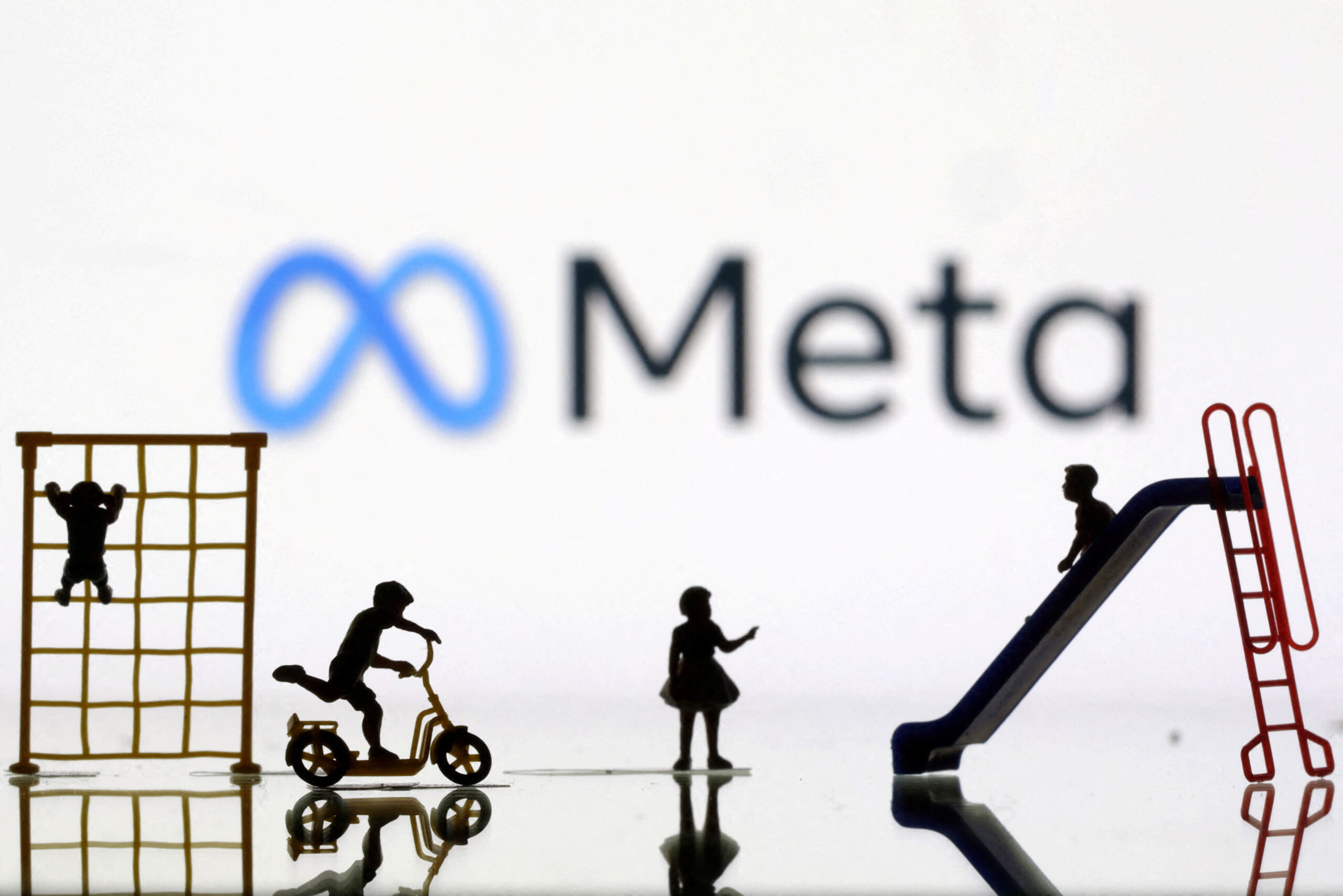In a significant stride towards breaking down language barriers, Meta Platforms, the parent company of Facebook, unveiled their groundbreaking AI model named SeamlessM4T on August 22. This innovative AI model has the remarkable ability to translate and transcribe speech across a multitude of languages, presenting a promising foundation for bridging communication gaps in real time.
Meta Platforms disclosed in a recent blog post that the SeamlessM4T model exhibits the capability to facilitate translations between text and speech in nearly 100 languages. Moreover, it can achieve complete speech-to-speech translation for 35 languages, integrating technologies that were once confined to separate models. This advancement holds immense potential in fostering interactions between individuals from diverse linguistic backgrounds in the metaverse—a visionary concept comprising interconnected virtual worlds that CEO Mark Zuckerberg is pinning the company’s future aspirations on.
The model’s availability to the public for non-commercial use underscores Meta’s commitment to fostering an open AI ecosystem. This move is particularly noteworthy considering the flurry of AI models released by the social media giant this year, including the substantial Llama language model. This AI-driven innovation places Meta in direct competition with proprietary models offered by tech giants such as Microsoft-backed OpenAI and Alphabet’s Google.
Mark Zuckerberg’s strategic perspective on an open AI ecosystem appears to be aligned with the company’s vision. Embracing this approach allows Meta to harness the power of collective intelligence in creating consumer-centric tools for their social platforms. The approach of leveraging crowd-sourced innovation holds greater appeal for Meta than simply monetizing access to their models.
However, Meta faces a shared challenge with the wider industry concerning legal implications tied to training data utilization. The issue of copyright infringement surfaced when comedian Sarah Silverman and other authors filed lawsuits against both Meta and OpenAI, alleging unauthorized use of their books as training data. This legal matter underscores the evolving landscape of AI ethics and intellectual property concerns.
In terms of the SeamlessM4T model’s development, Meta’s research paper sheds light on the data collection process. The audio training data was drawn from an extensive pool of 4 million hours of “raw audio” originating from a publicly accessible repository of web data. While the specific source of this repository was not explicitly mentioned, the research paper did clarify that text data was obtained from datasets that curated content from platforms like Wikipedia and its affiliated websites.
As Meta forges ahead with its pioneering AI models, the unveiling of SeamlessM4T stands as a testament to their commitment to transformative technologies that could reshape global communication. This latest stride represents not only a technological advancement but also a catalyst for contemplating the intricate intersections of AI, language, and culture.





